Recognizing excellence.
The American Craft Council supports sustained dedication to craft and making by providing opportunities for recognition and advancement for artists at all stages of their careers.
ACC Biennial Awards
Every other year, the American Craft Council bestows four types of awards recognizing the inspiring individuals and organizations moving the field forward.
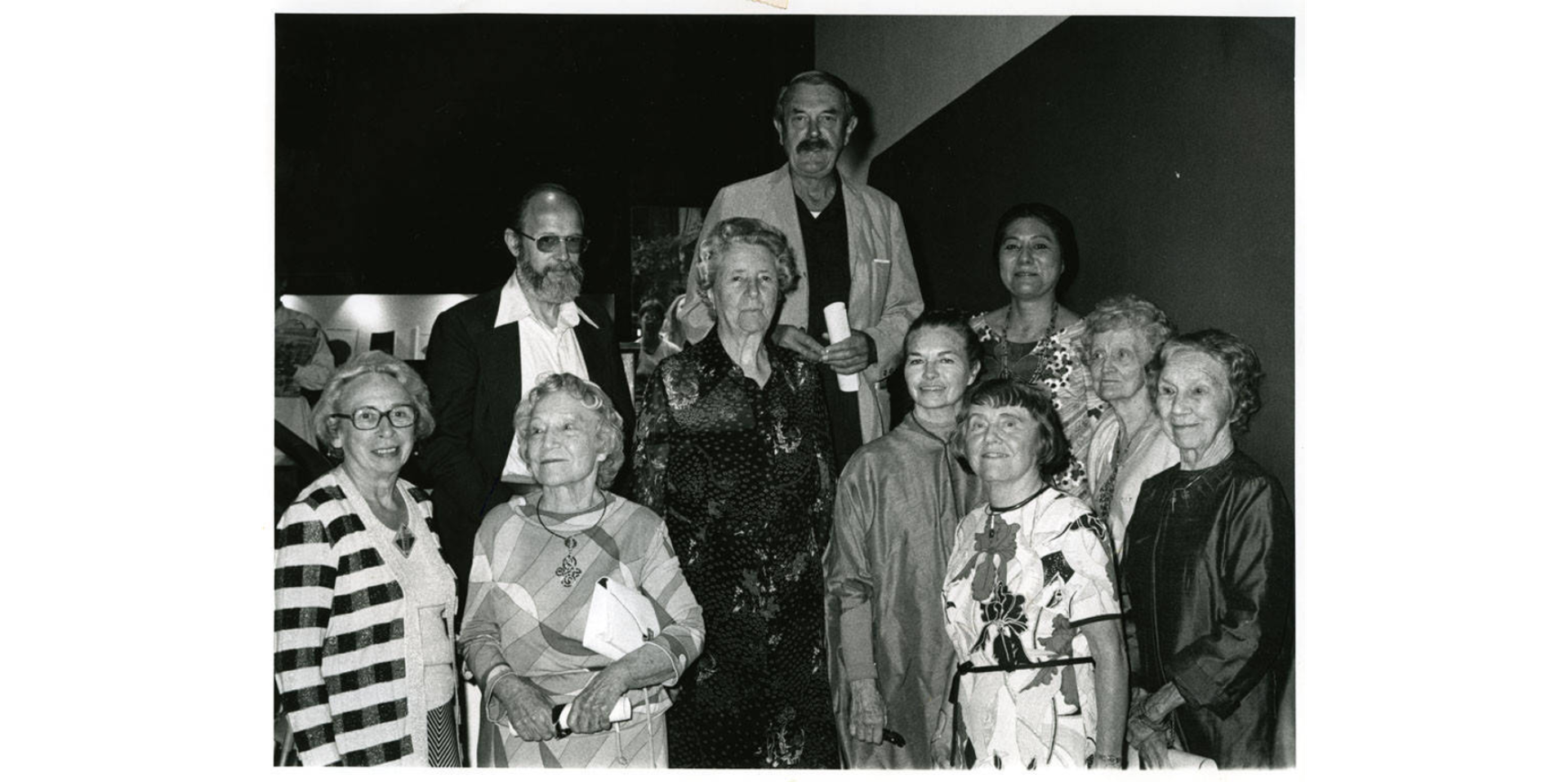
Awards of Excellence
These awards celebrate outstanding artists in our marketplaces, recognizing makers who demonstrate exceptional quality of work and entrepreneurial effort.
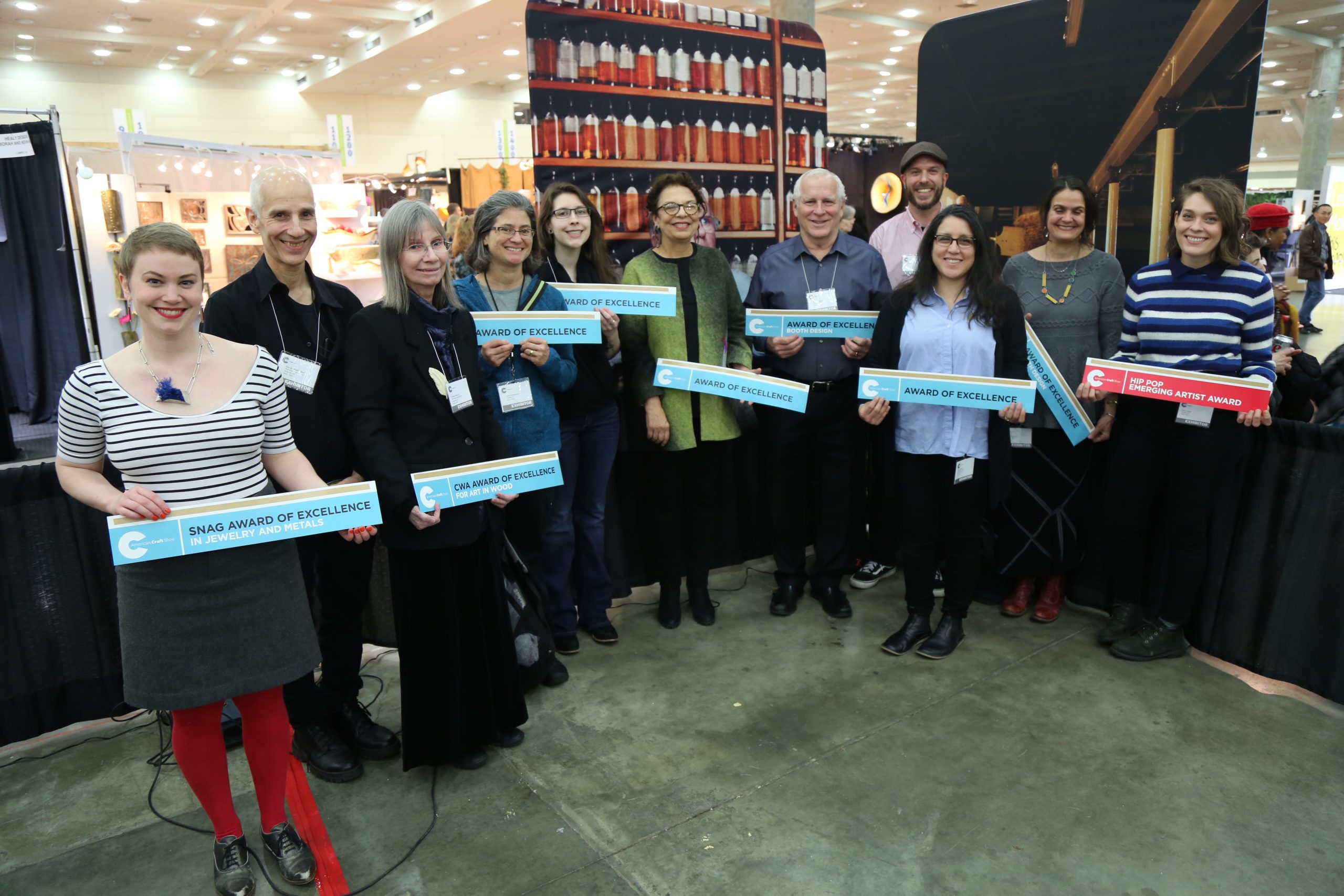
JRACraft Award for Excellence in Innovation
The James Renwick Alliance for Craft (JRACraft) partners with the American Craft Council to present this annual award which highlights artists at American Craft Made Baltimore who are using innovative techniques or materials.
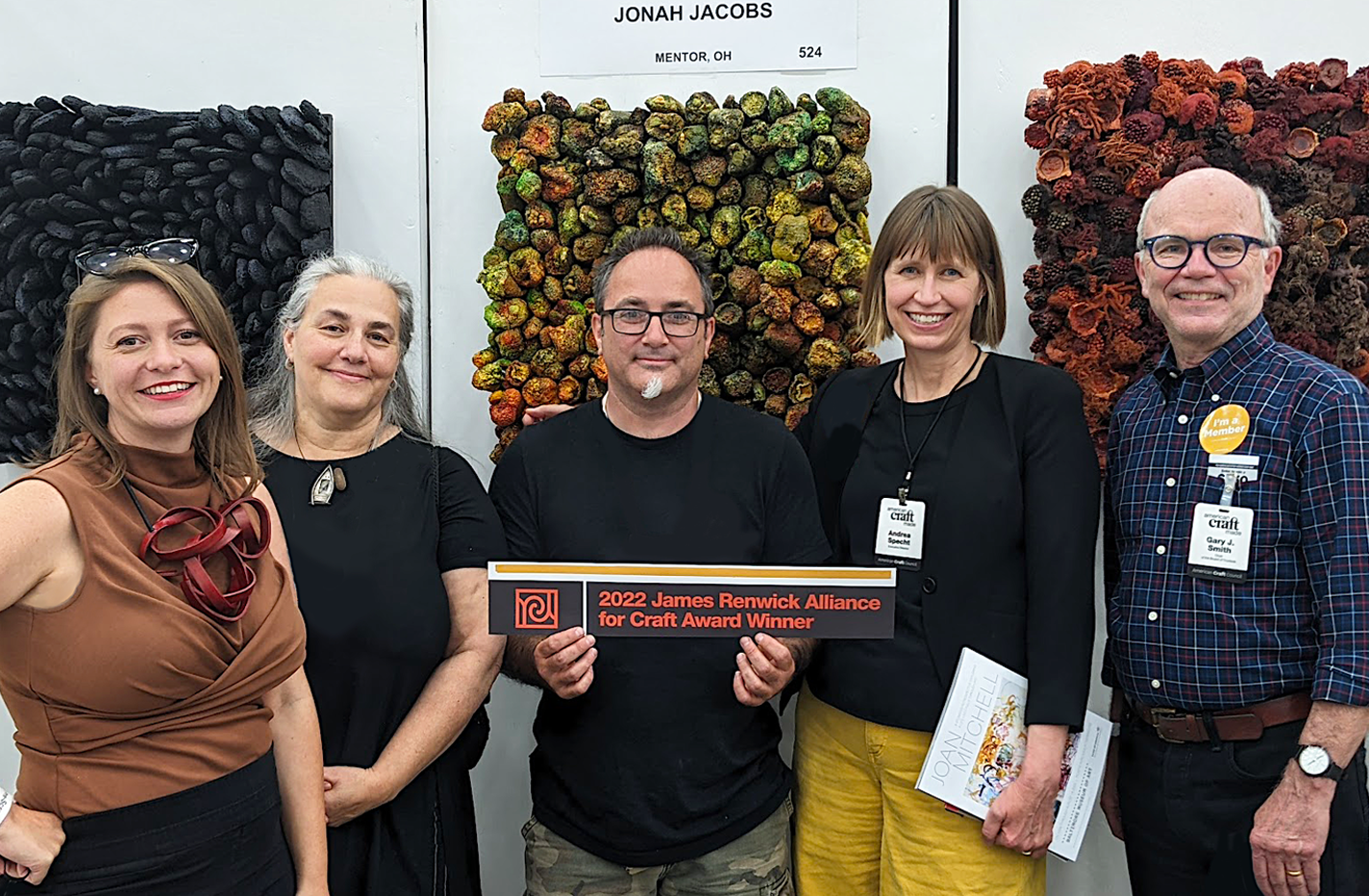
Harlan Boss Scholarships
This opportunity awards six Minnesota emerging artists who are Black, Indigenous, or Persons of Color (BIPOC) or otherwise historically underrepresented with financial and in-kind support to build sustainable and successful careers.
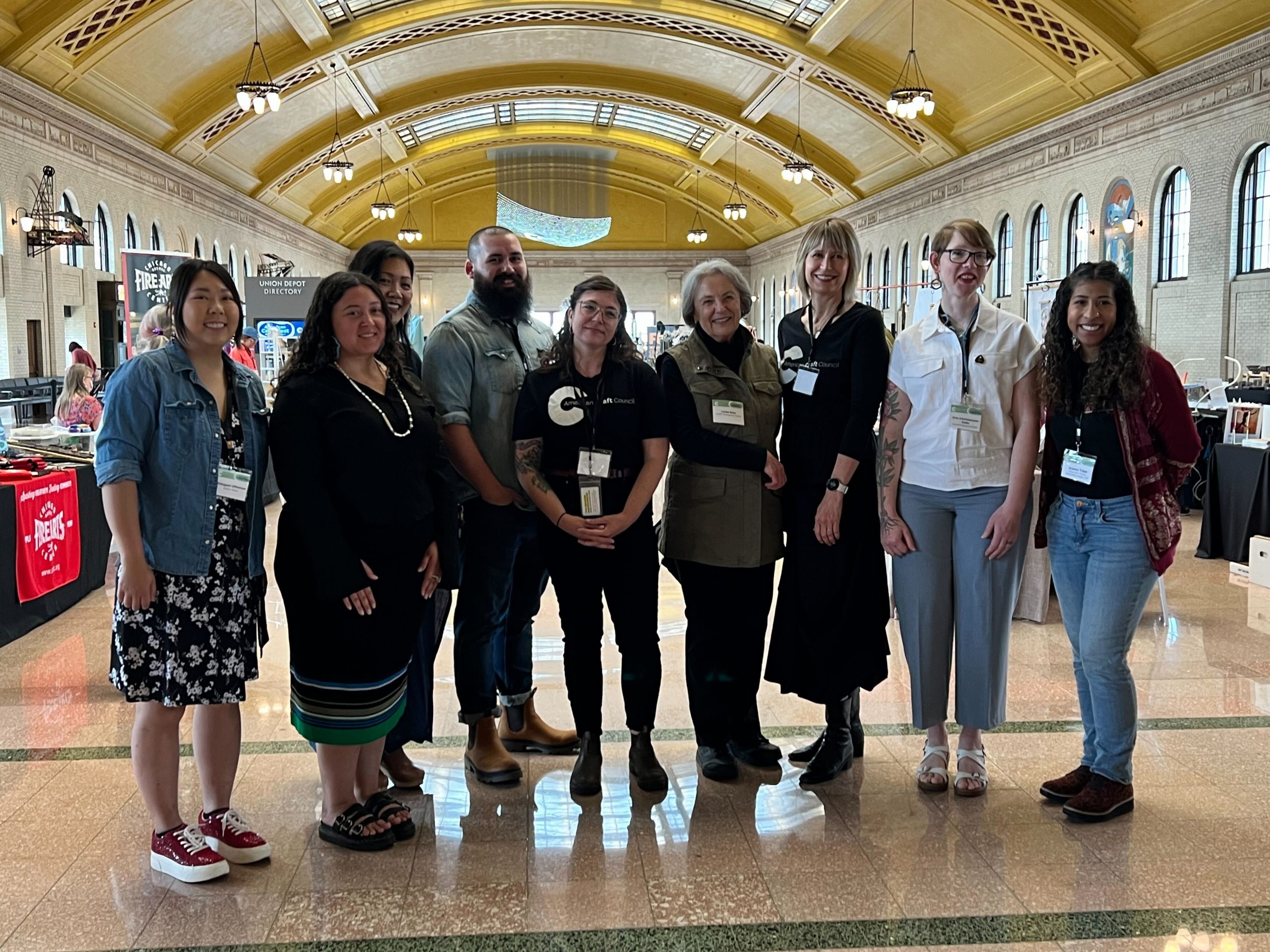
Randall Darwall Grant for Fiber Artists
The Randall Darwall Grant for Fiber Artists, an opportunity created in honor of a beloved ACC show artist, helps fiber artists participate in our marketplace by providing a free booth and stipend to assist with show expenses.
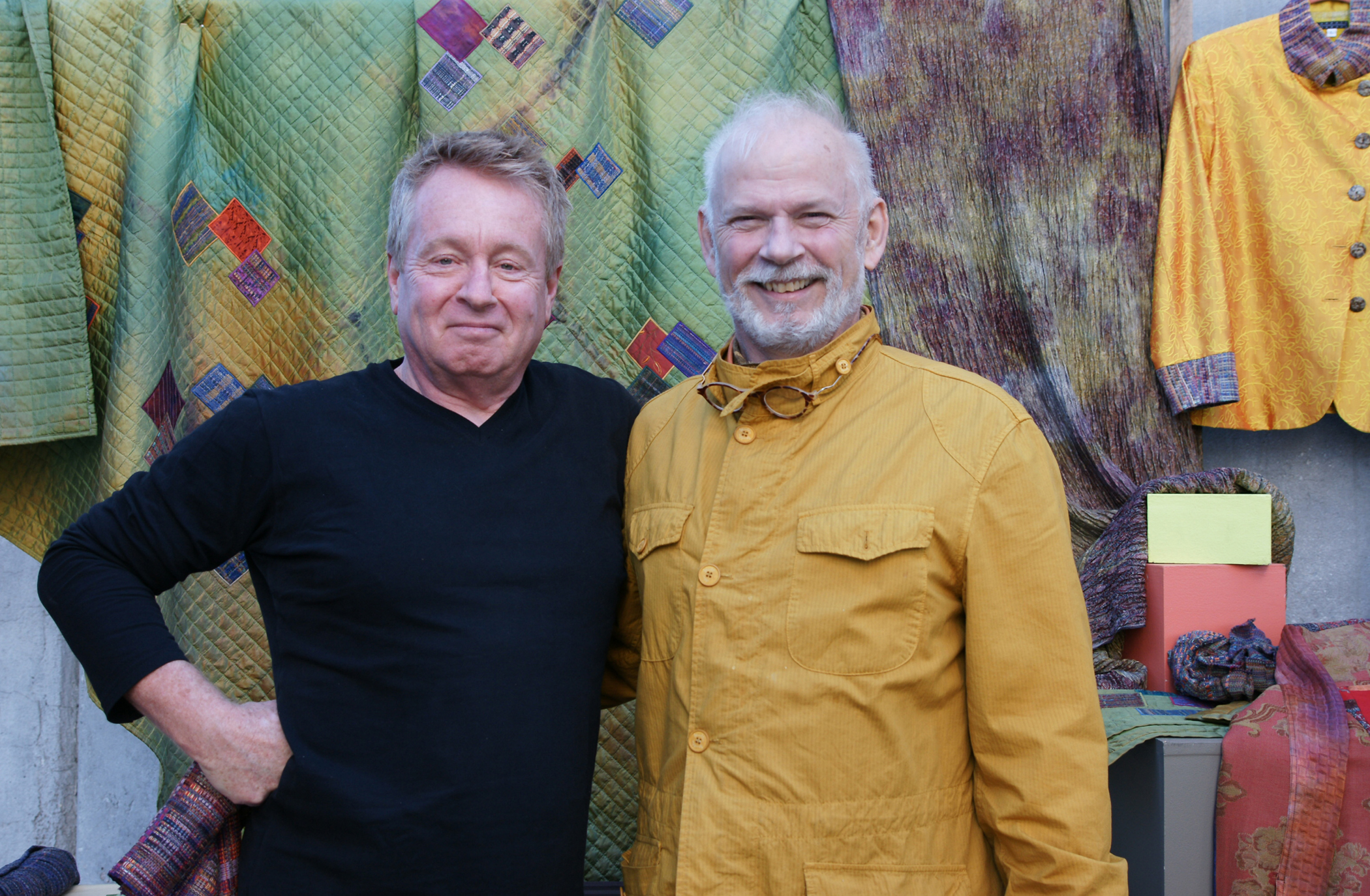
CERF+ Emerging Artist Readiness Award
The CERF+ Emerging Artist Readiness Award is given by the Craft Emergency Relief Fund. CERF+ is a nonprofit organization that provides craft artists emergency relief and preparedness grants as well as education, advocating for craft artists through every step of their creative journeys.
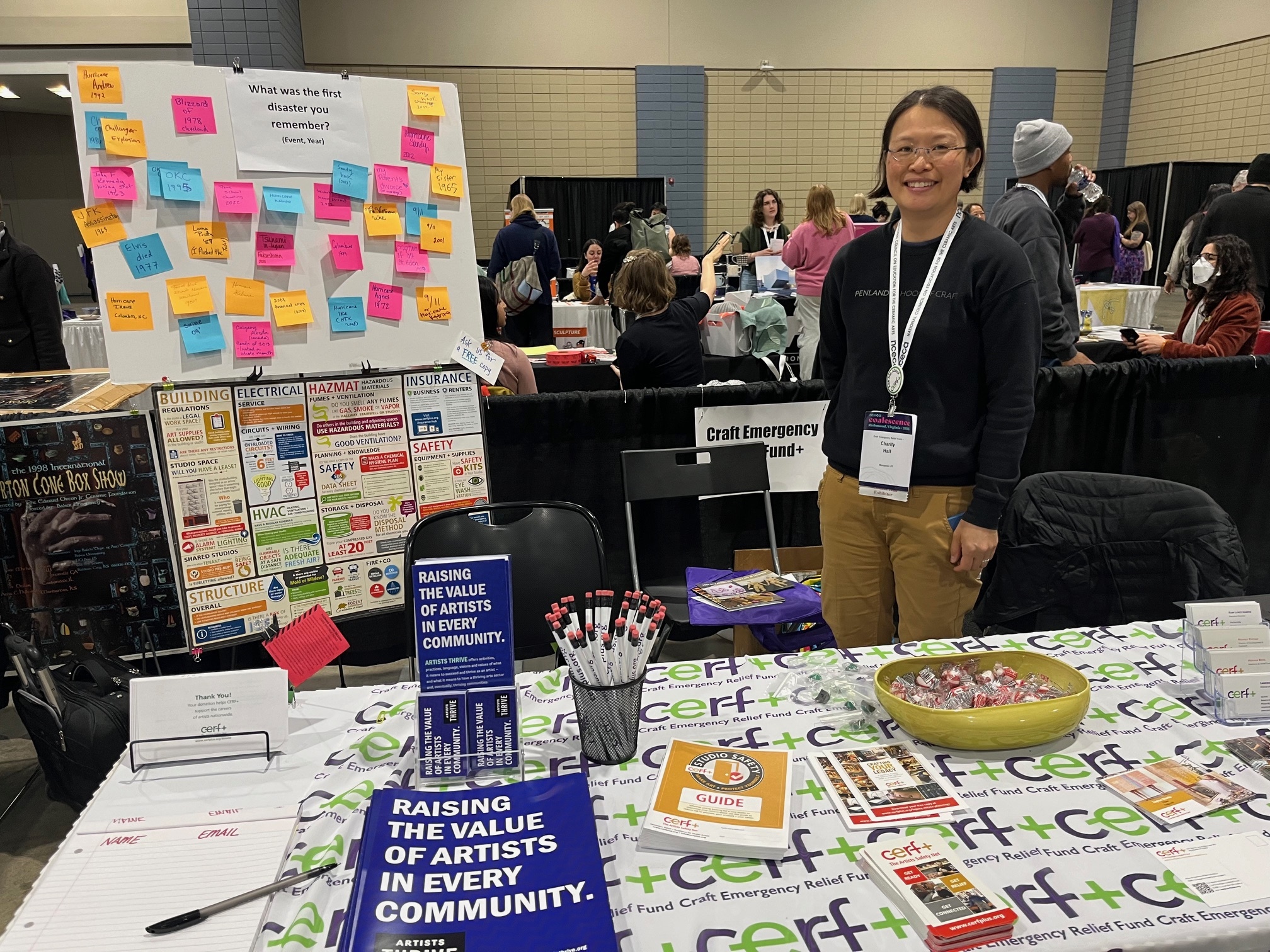
Asé Design Award for Excellence in Wood
Asé Design Studio founded the Award for Excellence in Wood, given to one participating exhibitor at American Craft Made Baltimore, to honor their commitment to community empowerment and meaningful engagement.
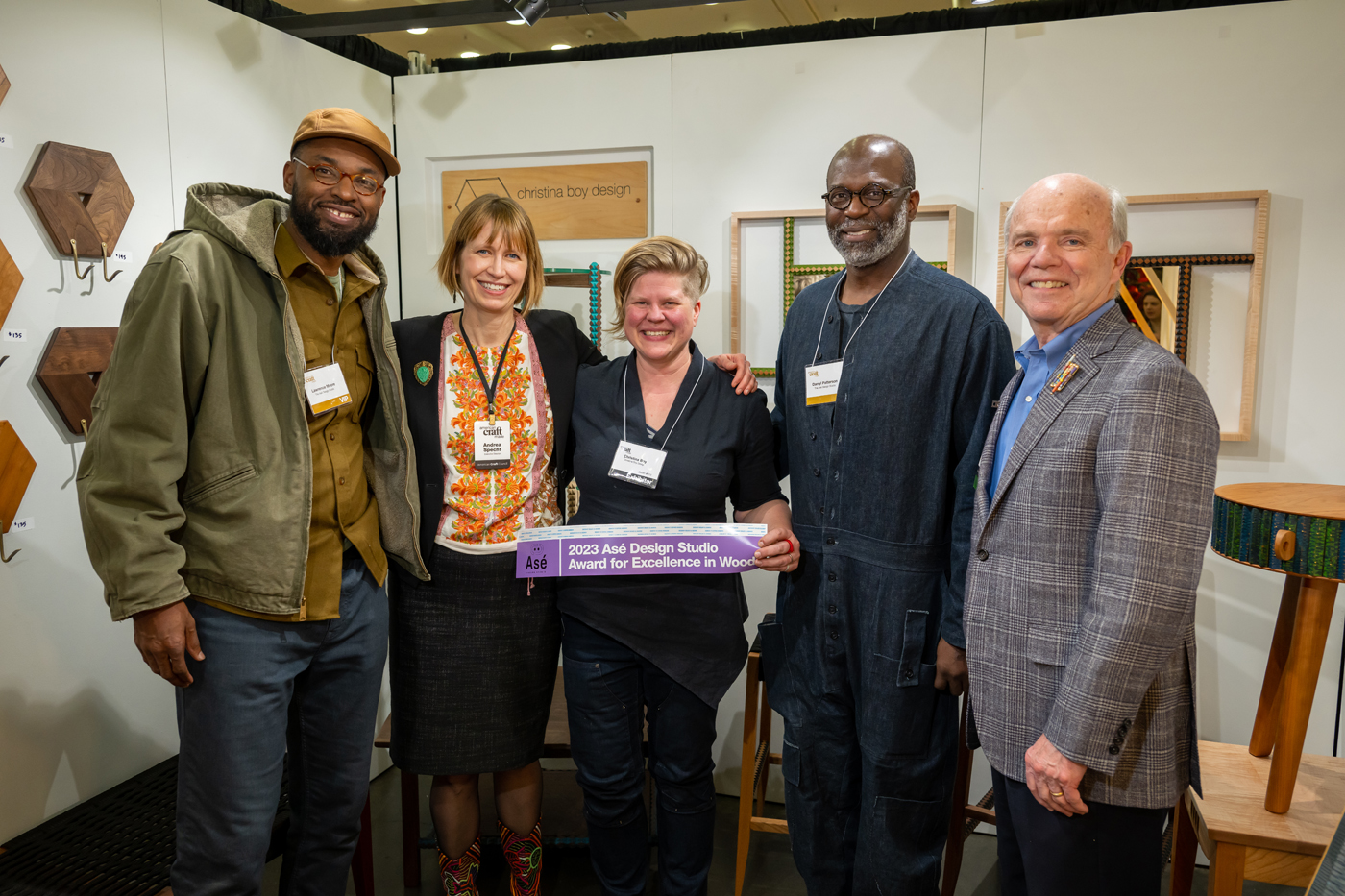
Lois Moran Award for Craft Writing
From 2020–2023, ACC recognized excellence in craft writing with the Lois Moran Award, given in honor of the highly respected editor-in-chief of American Craft from 1980 to 2006.
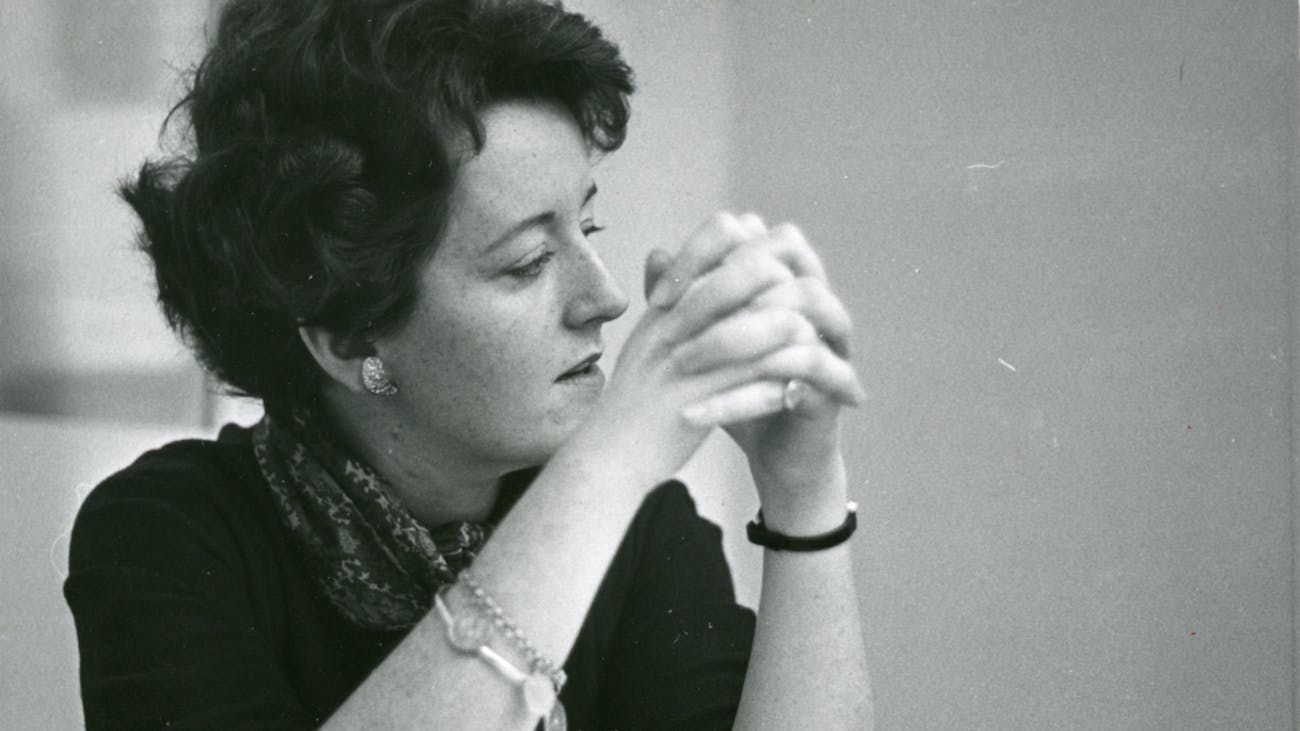
Give generously.
Support the nationwide craft community.
As a national nonprofit, the American Craft Council relies on your support to share artists’ stories, create events that connect people to craft, and sustain our unique programs that help artists and makers thrive at all stages of their careers.